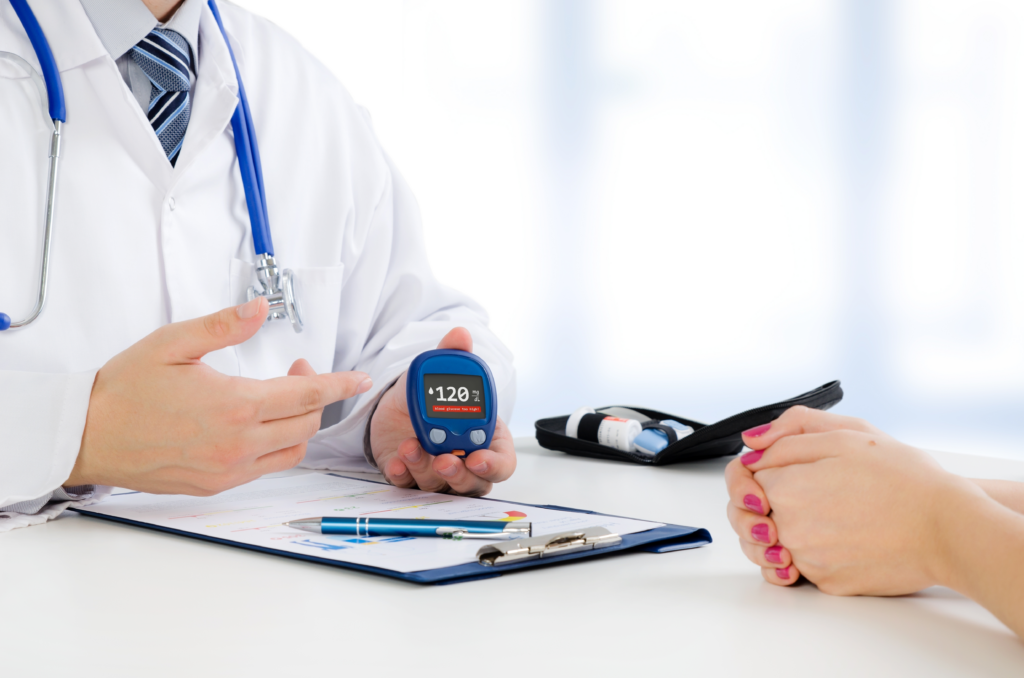
The Medicaid program plays a significant role in the treatment of diabetes, one of the most prevalent chronic diseases in the United States. In the Centers for Disease Control and Prevention’s National Diabetes Statistics Report 2020, they provide the following statistics:
- 34.2 million Americans—just over 1 in 10—have diabetes.
- 88 million American adults—approximately 1 in 3—have prediabetes.
- Newly diagnosed cases of type 1 and type 2 diabetes have significantly increased among US youth.
- In 2017, diabetes was the seventh leading cause of death in the United States.
Diabetes has a huge impact on our nation’s health, and the impact is particularly felt in the Medicaid community.
The costs associated with the treatment of diabetes is also significant. According to the Kaiser Family Foundation, six percent of enrollees with diabetes accounted for 16 percent of total Medicaid spending.
Greater Health Care Access
The American Diabetes Association reports that low-income Americans are more likely to be impacted by diabetes compared to the general population. Almost 3.5 million people with diabetes receive health care services through Medicaid.
Researchers analyzed data from the first two years of Medicaid expansion to determine the impact increased access to health care had on individuals with diabetes. They published a report, Medicaid Eligibility Expansions May Address Gaps in Access to Diabetes Medications, where one of the researchers stated, “These patterns suggest that access to health insurance not only led to increases in timely treatment of diabetes, but it also allowed patients to receive more effective treatment.”
Without access to Medicaid, many people with diabetes would be challenged to get a diagnosis and to get access to the health care necessary to manage their disease. Lack of health care access increases the risk of developing complications that would further impact health outcomes and increase the cost of care.
Increased Diagnosis
Early diagnosis is key to getting patients appropriate treatment and preventing complications, and there is evidence that patients on Medicaid are more likely to get a diagnosis.
Diabetes Care, the journal of the American Diabetes Association, published a report comparing diabetes diagnoses in states that had enacted Medicaid expansion versus states that had not. The findings showed a 23 percent increase in diagnoses in states that had expanded Medicaid services. This contrasted with a nominal increase in detection for states that did not expand Medicaid.
Overall, Medicaid enrollees are 15 percent more likely to be tested for diabetes than someone who is uninsured.
Improved Health Outcomes
Diabetes Care also published a study of the self-reported statuses of diabetes patients in Medicaid expansion states versus non-expansion states. The study summarized:
“This analysis shows that the Medicaid expansion was associated with significant improvements in self-reported access to health care and self-reported diabetes management. In addition, the self-reported health status revealed a difference between expansion and non-expansion states in that the former presented better health status.”
The care management offered through Medicaid programs can help increase patient compliance and contribute to improved outcomes.